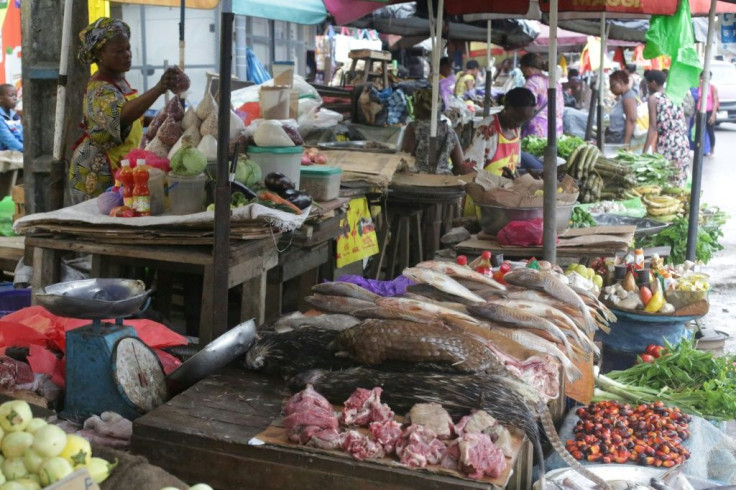Customs Seize 'Mystery Meat' From A Passenger At Newark Airport
KEY POINTS
- A U.S. citizen from Ghana declared the meat to a CBP agriculture specialist
- Staff from the CDC realized that its parts were from wild animals and ordered it destroyed
- The passenger did not face legal charges since he declared it upon entry
The U.S. Customs and Border Protection (CBP) agents at Newark Airport seized a cache of "mystery meat" from a passenger from Africa on Sunday.
Nine pounds of bushmeat were confiscated from the passenger, a U.S citizen from Ghana, as he declared the meat to a CBP agriculture specialist, reported by New York Daily News.
Staff from the Centers for Disease Control and Prevention (CDC) noticed that the meat's parts, which were brown in color, were from wild animals and ordered it destroyed.
The passenger did not face legal repercussions since he declared it upon entry. However, where he sourced the meat remains unclear.
In a statement, Troy Miller, director of field operations at CBP's New York field office, said, "The Center for Disease Control identified the meat as bushmeat and advised CBP to seize and dispose of the meat in accordance with CDC guidelines. CBP Agriculture Specialists made critical interceptions of these prohibited animal products and stopped them from entering the United States before they could potentially cause grave damage to our agricultural and economic vitality."
What a way to kick off the New Year as @CBP Agriculture Specialists seize Bushmeat at #NLIA in accordance with @CDCgov parameters @CBPPortDirNYNJ @DFONewYork https://t.co/MPSzmvWjVM pic.twitter.com/1P6BfeGK9K
— CBP New York City (@CBPNewYorkCity) January 5, 2021
Bushmeat is derived from bats, civets, African rodents and antelopes and is a potential carrier of human diseases, including COVID-19. Popular in African countries, bushmeat is either raw or minimally processed through smoking, drying or salting, which is not enough to render it non-infectious.
According to experts, COVID-19 might have originated from bats that were sold in open-air markets in China. Even the deadly Ebola outbreak is associated with bushmeat hunting, butchering and processing, although it doesn't usually spread through food.
Anyone caught trying to sneak bushmeat into the U.S. can face a fine of $250,000, according to the CDC.
It is not uncommon for Customs officers at airports to recover bushmeat from passengers. Last year, 32 pounds of rat meat was seized at Chicago's O'Hare International Airport from a traveler from Ivory Coast. In May, agents discovered 11 pounds of antelope meat and 3 pounds of non-human primate meat from the luggage of a passenger from the Democratic Republic of Congo. Besides all sorts of meats, agents also often seize a variety of plants and fruits.






















